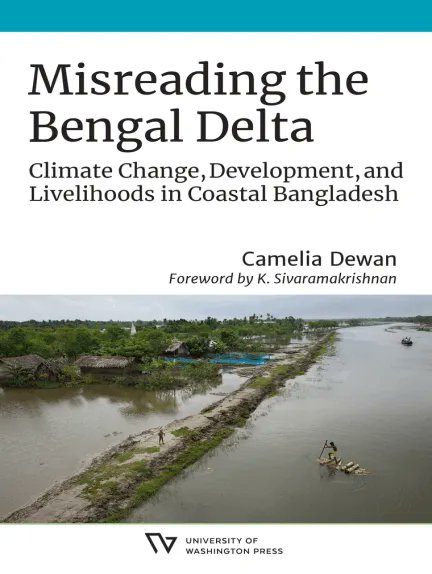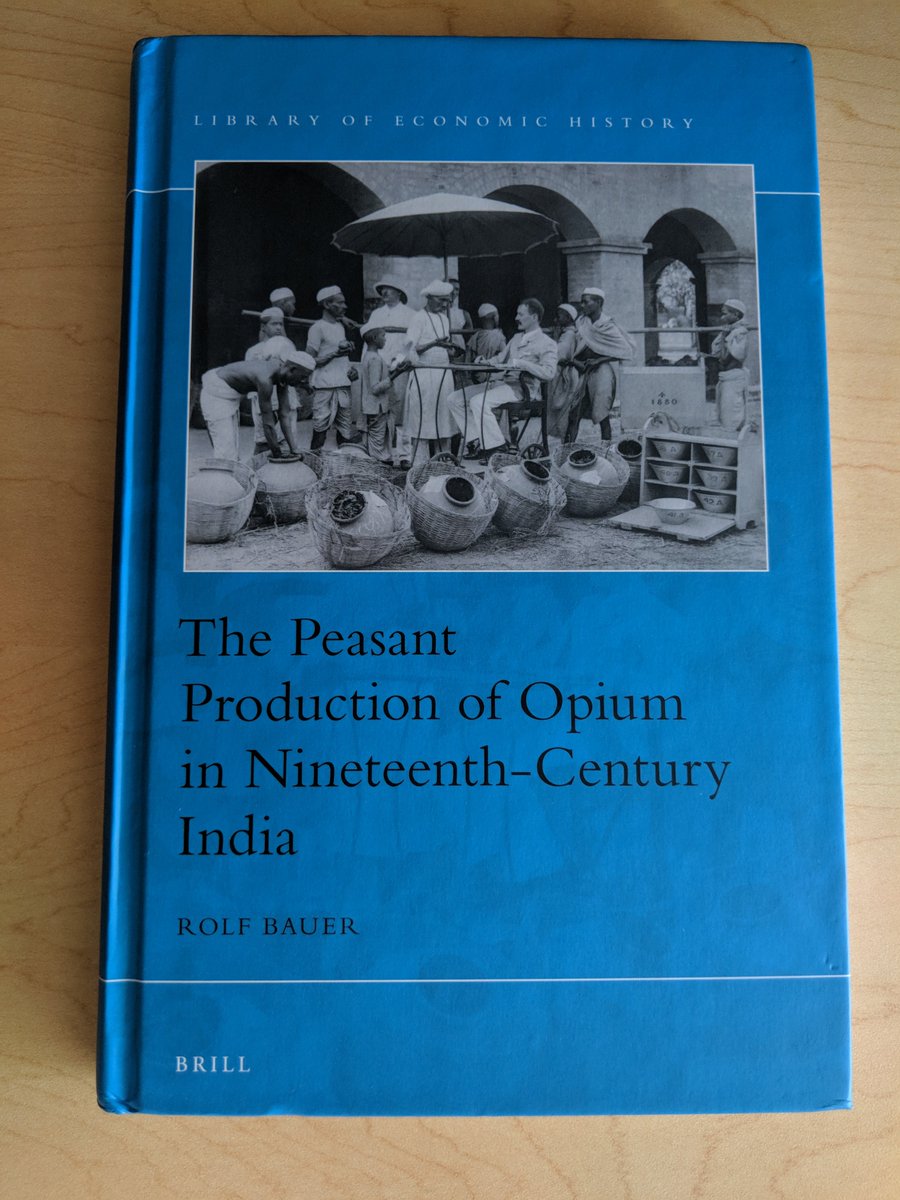
How to get URL link on X (Twitter) App


 ‘Climate change’, (cc) Dewan shows, is now often used as a buzzword to attract donor funding for mitigation and resilience. Yet these projects are often based on historically shallow, Eurocentric ideas and misread the landscapes they seek to terraform. The rhetoric of cc ... 2/9
‘Climate change’, (cc) Dewan shows, is now often used as a buzzword to attract donor funding for mitigation and resilience. Yet these projects are often based on historically shallow, Eurocentric ideas and misread the landscapes they seek to terraform. The rhetoric of cc ... 2/9

 Mendonca was at the forefront of a pan Atlantic Abolitionist movement that sought equal rights also for Indigenous peoples and 'New Christian' (Jewish converts). This movement far predated British Abolitionism and was initiated and led by Africans. 2/4
Mendonca was at the forefront of a pan Atlantic Abolitionist movement that sought equal rights also for Indigenous peoples and 'New Christian' (Jewish converts). This movement far predated British Abolitionism and was initiated and led by Africans. 2/4

 Rolf Bauer's book is the first overview of opium production across India. He shows that Indian farmers were forced to produce opium, at a loss. But the British Raj (& many British, Indian & American merchants) made immense profits, at a terrible human cost for China & SE Asia.2/4
Rolf Bauer's book is the first overview of opium production across India. He shows that Indian farmers were forced to produce opium, at a loss. But the British Raj (& many British, Indian & American merchants) made immense profits, at a terrible human cost for China & SE Asia.2/4